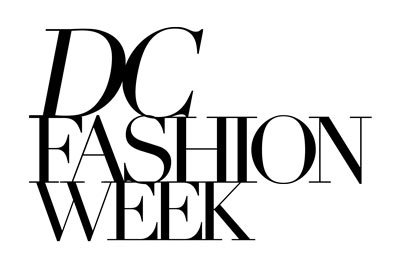Like just about every other industry that relies on digital technology, the world of music is being swept up in considerable AI-related hype. In some cases, the use of machine learning and other related technologies is specific and practical. In others, the benefits and ultimate uses are difficult to imagine.
How does AI help the music industry?
In much the same way as ChatGPT can create pseudo-original text by analysing large volumes of other texts, the right algorithm can be used to separate different stems from a given recording. The algorithm will have been ‘trained’ on many different tracks, so that it can ultimately filter out elements.
It’s this process of ‘stem separation’ that was used to extract John Lennon’s voice from an old Beatles recording and use it to create the final Beatles song.
How else can this be used in the future?
Stem separation, in principle, is just one use of AI. The technology might also be used to filter out extraneous noise – which is already happening. If you have a modern phone, then you might have the ability to get rid of background noises, like wind and crackle, from your phone.
An artist might also record themselves singing into many different microphones, and then train a machine-learning algorithm to allow their voice to be digitally cloned – by both themselves and other people. The downside here, both legally and ethically, is that this is possible even without the consent of the person whose voice is being copied.
How is it harming the music industry?
This voice-cloning problem reared its head in 2023, with the emergence of the ‘Fake Drake’ phenomenon. While it was Drake and The Weekend who were cloned by Tiktok user @ghostwriter977, this is a practice that’s widespread. It’s been used to resurrect dead artists, or to create cover versions using the voice of a particular singer at a particular moment in time. Cover versions of this kind are now all over YouTube.
It might be argued that this is a legitimate and creative use of the technology – but a lawyer representing the estate of one of these artists might disagree. This is a moment of change for the industry, and it still remains to be seen what consensus will be arrived at – and whether insurance currently used by musicians will protect against losses brought about by this new technology.
Can AI mean that musicians’ jobs are at risk?
If you’re a musician, then you might rightly wonder whether your job is at risk. In the UK, most musicians are not earning a great deal. In 2023, the first ‘Musicians’ Census determined that around 70% of professional musicians in the UK have a degree, and around 65% of them have been working in the industry for ten years. Despite this, the average salary for musicians is around £20,700. Consequently, many are left to supplement their income using other jobs.
It appears probable that this shift in the industry will result in a lower perceived value for musicians as a whole, and will drive down wages. However, it might be argued that the same was said when sampling technology first emerged. It might be that AI results in the creation of entirely new kinds of music, and new opportunities for musicians. Time will tell.
